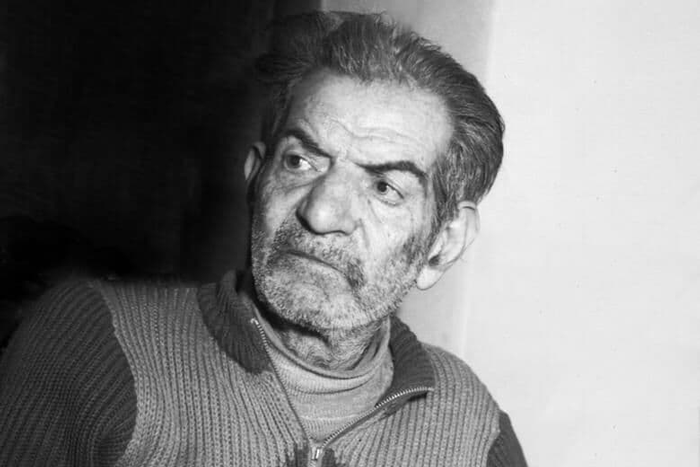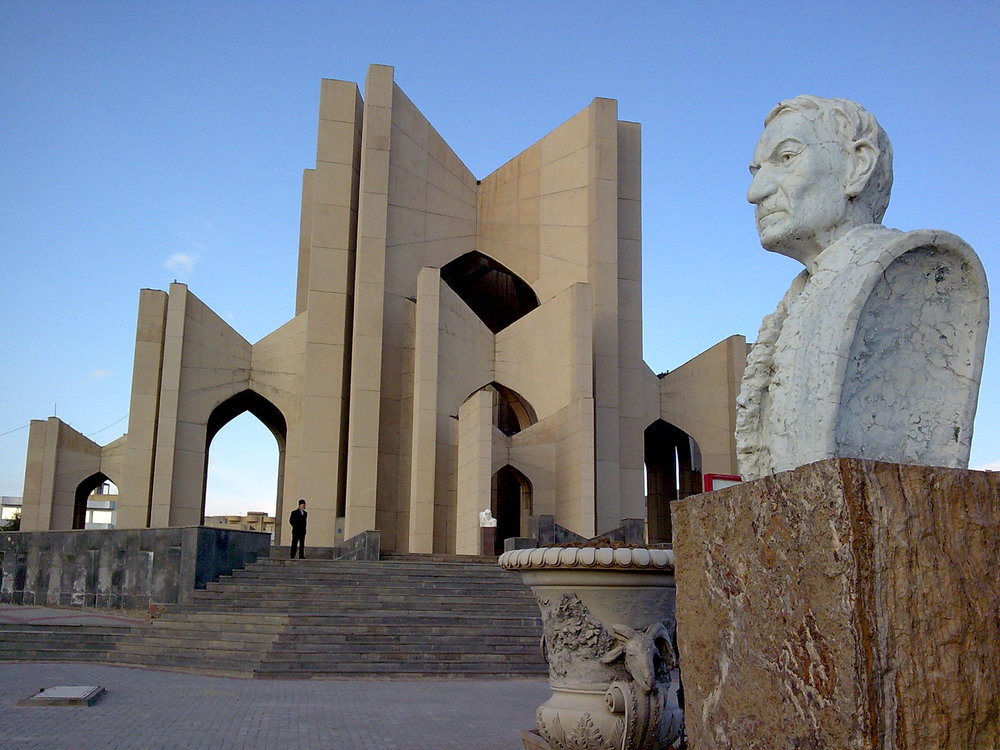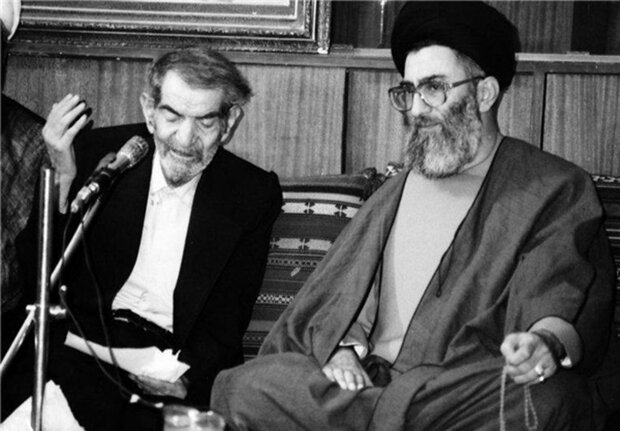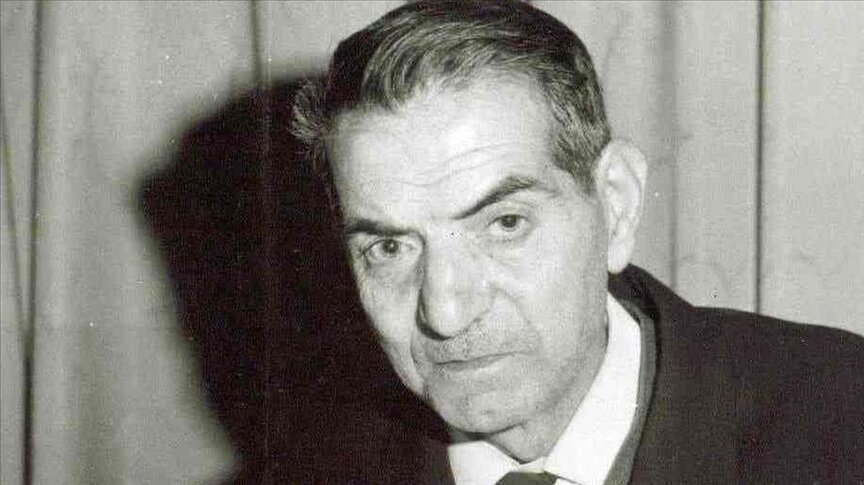Every year on September 18, the Iranians celebrate Hamad Hussein Bayat Tabrizi, known as the pen Shahraar, one of the most famous Iranian poets. Today is officially distinguished as the National Day of Persian Persian Poetry and Literature.
He was born on January 2, 1906, near the city of Tabriz in the eastern Azarigan province, Shahrar discovered his love for poetry at an early age, and published his first verses while he was still a high school student in Tabriz.
He started writing under his birth, with dialects, but he later adopted Shahraar as his literary identity. His first group, Divan-E Shahria, was released in Tehran in 1931 and quickly sparked praise from scholars and poets famous for elegance and creative pictures.

Although Shahria has explored a variety of poetic shapes – erikat, scenes, conjunction, hunger, and elegance – he particularly admires his removal, which is severely affected by the classic Persian Master Hafez style. His first published collection in 1929 included prominent literary figures such as Muhammad Tafi Bahr, Sayed Al -Nafisi and Bilman Patari, which confirms his early recognition in Iran’s literary departments.
Heydar Babaya Salam is the most famous for Kahraar, writing in Azari, one of the best modern poems in Azari literature. The poem, which was called the name of the mountain where Shahri spent his childhood, reflects the memories of nostalgia for the life of the village, and since then it has been translated into more than thirty languages and adapted to a theatrical performance.
One of the main reasons for his permanent popularity is his use of daily colloquial language, which made his works resonately resonate with the general public.
Shahirar died on September 18, 1988, in Tehran. His body was placed to rest in Maqbaratoshoara (the shrine of poets) in Tabriz, a place that rests approximately 400 poets, Sufis, and cultural figures. In Iran, the anniversary of his death was observed on the National Day of Persian Persian Poetry and Literature. His poems are still studying, reciting, translating and adapting them.

In 2006, during a meeting with the members of the Executive Council responsible for the Congress, which celebrates the birth of Shahri, the leader of the Islamic Revolution, Ayatollah, Ali Khameneini, described Shahiria, a great Iranian poet. He said that the honor of Shahiriar is, in fact, the honor of Persian poetry and was called a prominent poet whose verses showed his wisdom.
“Shahirar is one of the eternal figures of Persian poetry,” he added.
And the clarification of the masterpieces of Shahiriar, he said that Shahraar’s poetry is a great heritage of Persian literature, although his mother tongue Shahri was Azari.

Shahraar’s romantic voice
As Shahirar is often remembered because of his spiritual and mystical verses, he also wrote some of the most honest love poems of modern Persian literature. One of the most famous deer begins with the line:
“Amadi Janeam, be Gouraneat, Valley Hala Shera”
(I came, my life for you – but now, when it is too late?)
In this deer, the poet speaks directly to one of the beloved, whose long -awaited arrival comes after years of secession. His words are mixed with sadness, as he presented his life in dedication, but he is the bastard of sudden love.
I have come – I will give my life for you, but why now?
One Iman, why now, when it has already fallen, is powerless?
You are like a healing dose, which only arrived after Surab’s death.
Haling heart, this should have been sooner-why now?
My life does not have the luxury of “Today and Tomorrow”.
I am just guest for a short day – why wait until tomorrow?
My darling, I gave my youth away to a stir.
Go now, Wa, Wa, to the youth – why do you play with a shy with me?
Yes! With souls very short, very certain,
Why is all this neglect of one in love madly like me?
Even Farhad’s passion will bend his head in interrogation;
Oh sweet lips, why do you answer me with bitterness and contempt?
O night of separation, you did not find my eyes through a moment of sleep –
Why do you continue to shook my drowsiness in harsh ventilation?
The heavens were raised in a state of chaos.
I wonder why, then, the whole world itself does not collapse.
In the fall of separation, oh nitgel with the sad nature,
Silence is the sign of loyalty – why do you scream in the disorders?
O Shahir, you will never publish without your lover;
This trip is like the day of the ruling – why do you go alone?
The poem reflects Shahraar’s ability to weave the intimate relationship with immortal topics from LongiNanger and remorse. His accent made his conversation and emotional clarity, one of his most widely recited works, indicating another distance from his art behind spirituality and national identity.
MNA/



